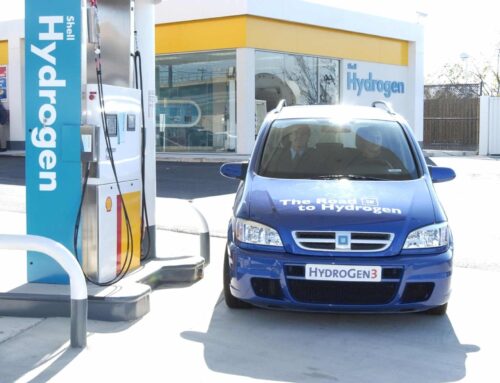The Build Back Better Act released by the House Rules Committee included provisions that would greatly expand and extend the credit for carbon oxide sequestration, or more often known as the 45Q tax credit.
What the current House text (released on Nov 3, 2021) does:
- Extends credit to facilities that begin construction before 2032 instead of before 2026
- Lowers annual capture requirements:
- for direct air capture facilities, from 100,000 tons/year to 1,000/tons per year
- for electricity generating facilities, from 500,000 tons/year to 18,750/tons per year provided that 75% of all possible carbon oxide is captured
- in a new catchall for other facilities (previously included direct air capture facilities), from 100,000 tons/year to 12,500 tons/year
- Establishes new prevailing wage and apprenticeship requirements
- if facilities are in compliance, they multiply credit by 5x
- Increases credit value for all years prior to 2027 (except for direct air capture facilities, see bullet point below):
- to $17/ton instead of linear interpolation up to $50 in 2026 for capture and storage of carbon
- to $12/ton instead of linear interpolation up to $35 in 2026 for capture and utilization of carbon
- with the 5x multiplier for satisfying prevailing wage and apprentice requirements, the credit amounts are increased to $85/ton and $60/ton for storage and utilization of carbon, respectively.
- Increases credit value for direct air capture facilities:
- to $36/ton instead of $17/ton for capture and storage of carbon
- to $26/ton instead of $12/ton capture and utilization of carbon
- with the 5x multiplier, the credit amounts are increased to $180/ton and $130/ton for storage and utilization of carbon, respectively.
The Joint Committee on Taxation estimated that the 45Q proposed in the Build Back Better Act will cost $2.13 billion from FY22 to FY31.
Instead of giving out tax credits for capturing carbon, which is currently mostly used for juicing a last bit of oil out of oil wells, Congress should consider putting a price tag on carbon, which could generate significant revenues instead of costing taxpayers revenues.
Photo Credits:










